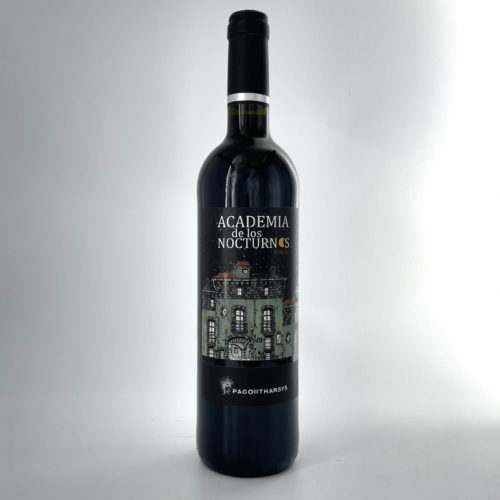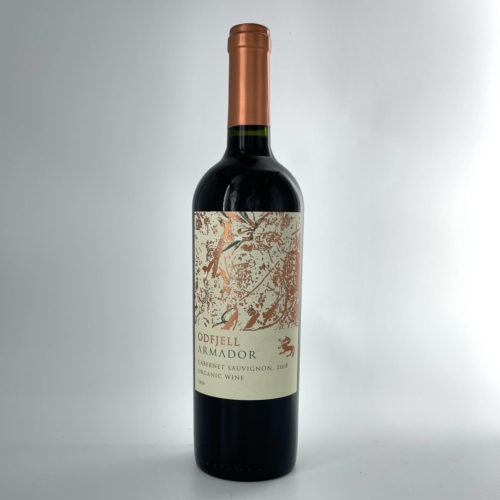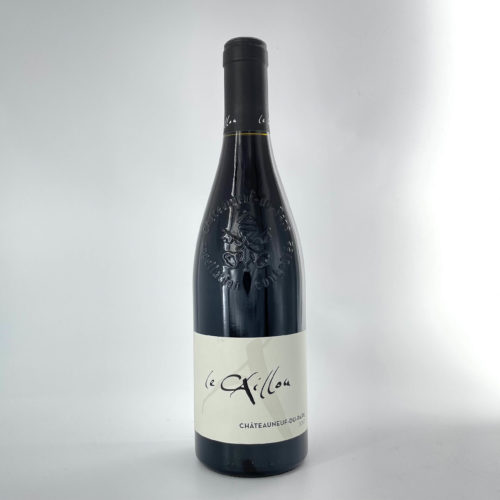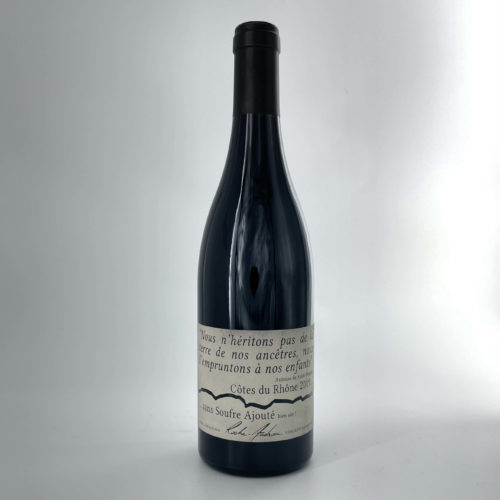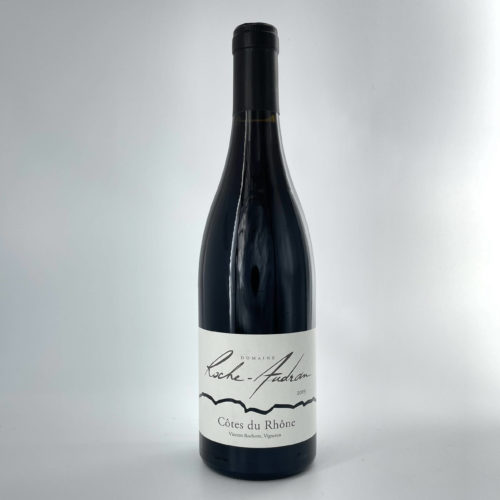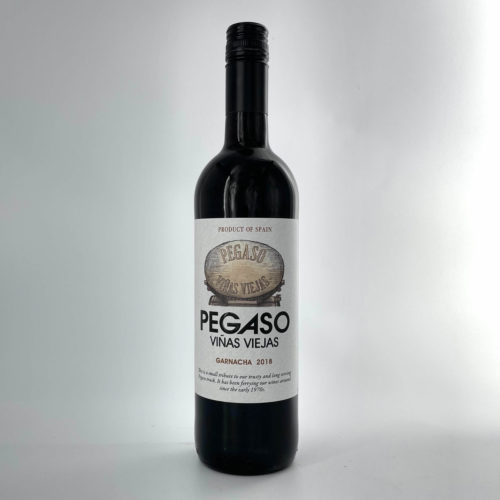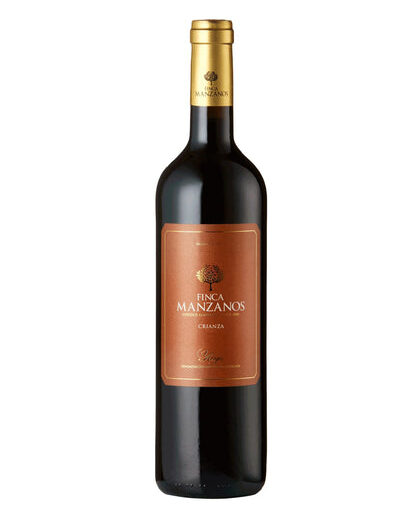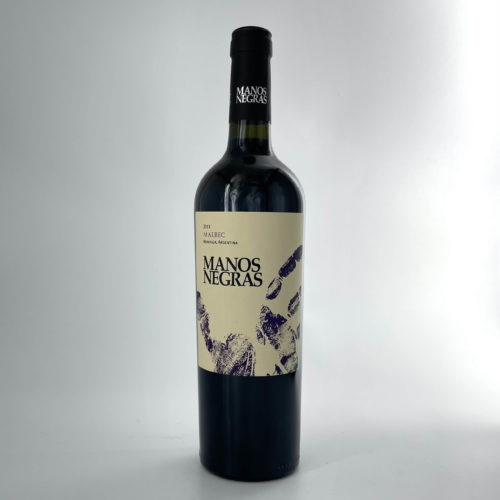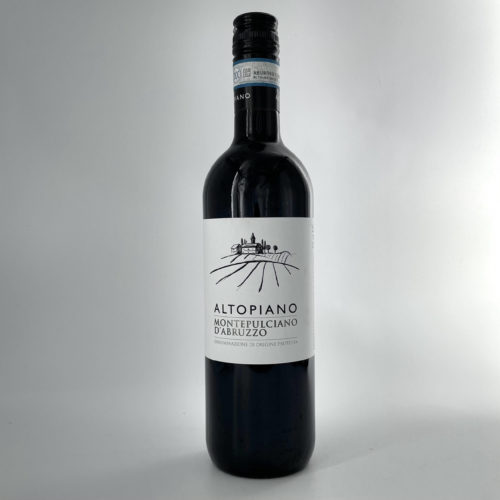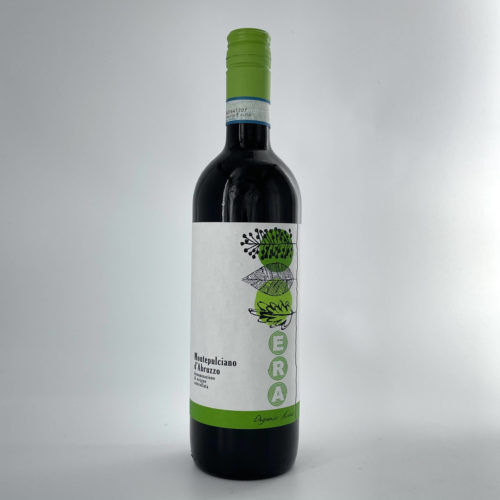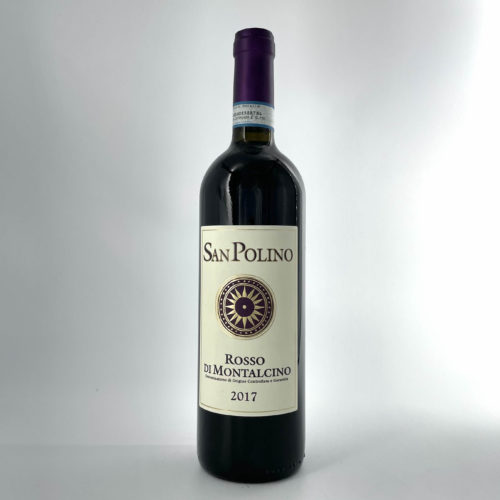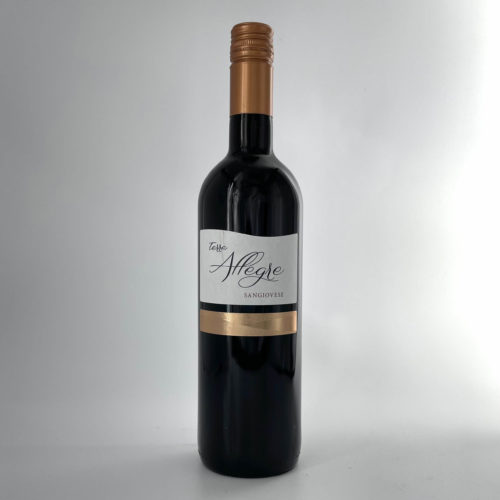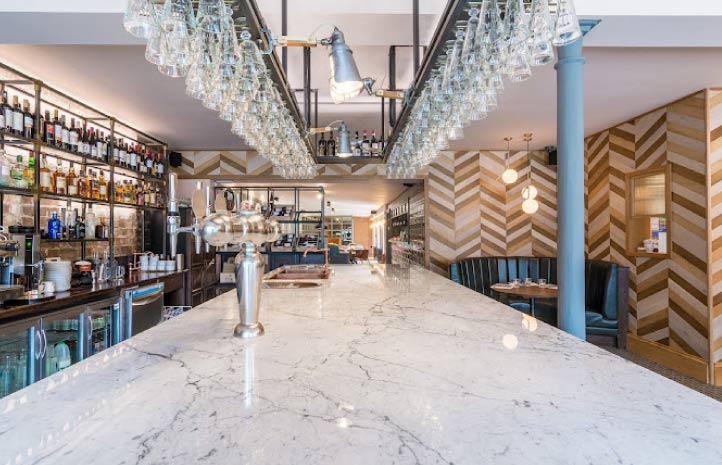Bobal, Academia de Los Nocturnos, Pago de Tharsys, Utiel-Requena, Spain
Located in the unheralded region of Utiel-Requena, Pago de Tharsys is an old estate which dates back to 1805. It was purchased by the Garcia family in 1981 and they began adding plots of vines in the early 1990s. Therefore, despite the fact it is an estate steeped in history, it is very much a modern project that remains in progress. Known as “The Godfather of Valencian Cava” for his work to grow the reputation of D.O. Cava wines in this area, Vicente Garcia has always strived to find harmony between traditional and modern winemaking techniques in order to bring out the best of the indigenous varieties of Valencia – particularly Bobal. Their Academia de Nocturnos range is an homage to the mythical ‘Nocturnal Academy’ of 16th century Valencia, where well-known artists and novelists used to meet – always with a glass of wine in hand
Cabernet Sauvignon Odfjell Armador, Maipo, Chile
Founded by Norwegian Dan Odfjell this pre-dominantly red wine producer creates wines of elegance and poise.
Odfjell are fully committed to biodynamics with cover crops and beehives populating the vineyards while small Fjord horses work the land. Odfjell produces wonderful wines that few in Chile can match, with their Carignans, which come from rescued 80 year old vines, proving to be of particular note.
Chateauneuf-du-Pape ‘Les Safres’ Caillou, S Rhone, France
The Clos du Caillou was founded in 1895 when Elie Dussaud settled there and created an old cellar. It started as a hunting retreat and it has a remarkable history which explains its exclusion from the Châteauneuf-du-Pape appellation upon its creation in the 1930’s. When government experts arrived at the Clos in 1936 to survey the land for its inclusion in the new appellation, they were met with armed resistance to prevent them entering the property as the secretive owners didn’t want their estate to be analysed. This is the reason for the seemingly inexplicable blank spot in the Châteauneuf-du-Pape appellation map. As a result, the Clos du Caillou is home to some of the most spectacular terroir classified as simply Côtes-du-Rhône. The estate was purchased in the mid-1950s by the Pouzin family who decided to plant vines on the land that had traditionally been designated for hunting. They also acquired a 9 hectare plot within the Châteauneuf-du-Pape appellation itself. In 1995, Sylvie Pouzin took on the estate from her father and began the process of converting the vineyard to biodynamic practices. They gained their official organic certification in 2010 and since then have gone on to grow their reputation for the production of outstandingly well-balanced wines with their signature, soft velvety tannins.
Cotes du Rhone Nature, Domaine Roche-Audran, Southern Rhone, France
Vincent Rochette comes from a long line of grape growers rather than winemakers. In 1998, he bucked that trend by investing in a cellar and the necessary equipment to allow him to vinify his own grapes, which for five generations had been sold to other winemakers in the area. Vincent is an ardent believer in the benefits of biodynamics, fully converting his estate to follow that philosophy in 2006. He uses only natural products in the vineyard and carries out all his work in keeping with the cosmic cycles of the earth, not only among the vines but also in the cellar
Cotes du Rhone, Domaine Roche-Audran, Southern Rhone, France
Vincent Rochette comes from a long line of grape growers rather than winemakers. In 1998, he bucked that trend by investing in a cellar and the necessary equipment to allow him to vinify his own grapes, which for five generations had been sold to other winemakers in the area. Vincent is an ardent believer in the benefits of biodynamics, fully converting his estate to follow that philosophy in 2006. He uses only natural products in the vineyard and carries out all his work in keeping with the cosmic cycles of the earth, not only among the vines but also in the cellar
Garnacha Pegaso, Bodegas Manzanos, Vino de Espana, Spain
On the border between Rioja and Navarra, Victor Manzanos carries on the work of the four generations before him.
Adding in significant amounts of ambition and energy, Victor Manzanos is at the forefront of the new Rioja – championing a modern interpretation of its varieties through his wines. As a grower, Victor is keen to prove that Rioja Baja has its own distinct character and should not be judged as inferior to Rioja Alta or Alavesa – just different. With brands also in Navarra, Victor and winemaker Borja are creating wine that is prized and cherished, from old vines growing on poor chalk and limestone soils which give wild berry and cassis flavours to the reds.
Rioja, Bodegas Manzanos, Finca Manzanos Crianza, DOCa, Spain
On the border between Rioja and Navarra, Victor Manzanos carries on the work of the four generations before him.
With over 250ha of owned vineyards at his disposal, including some of the oldest vines in Rioja, Bodegas Manzanos is fortunately placed to put both the sub-region of Rioja Oriental and the name Manzanos firmly on the map as one of the most important areas and producers in Rioja. This range of wines is a modern take on the traditional landscape of Rioja, championing the native grape varieties, Tempranillo, Viura and Garnacha. The team is the youngest in the region, a talented a group of people with the sole purpose of making wines that people will enjoy.
Malbec Manos Negras, Uco Valley, Mendoza, Argentina
Alejandro Sejanovich is arguably Argentina’s most knowledgeable viticulturist, working as vineyard director for Bodega Catena Zapata for 16 years, he pioneered high altitude vineyard planting and conducted ground breaking research on Mendoza Malbec clones.
Manos Negras focuses on latitude winemaking, planting Torrontes in the northern stretches of Cadayate in Salta, Pinot Noir in the southern-most region of Neuquen in Patagonia and cultivates 50 year old Malbec vines in the prized Altamira appellation in the Uco Valley.
Montepulciano d’Abruzzo, Altopiano, Feudo Antico, Italy
Feudo Antico was created on a small plot of land in the heart of Abruzzo. It is in Italy’s smallest DOP and the first designation of its kind in Abruzzo.
Starting from the 2013 vintage, all wines are Magis certified, the most advanced project for the sustainability of wine production in Italy. Currently their 15 hectares are cultivated using native varieties producing limited yields to ensure quality is retained. Clearly they highly value the land they work and this attitude is continued in the winery where the fruit and wine come into contact with no wood whatsoever, only concrete and glass. This guarantees the purity of the fruit, and its flavours, are conveyed from the vineyard direct to the glass.
Montepulciano d’Abruzzo, ERA, Veneto, Italy
From the winemaking team at Cantine Volpi comes this delicious range of organic cuvées called ‘ERA’, which we believe are a fantastic addition to our Italian portfolio. From their 5 distinct regional bases (Veneto, Marche, Abruzzo, Apulia and Sicily), the Volpi team cultivate a wide range of grape varietals that are fashioned into fresh, food-friendly wines.
Rosso di Montalcino, San Polino, Tuscany, Italy
There is a small ‘nirvana’ northwest of Montalcino, where Luigi Fabbro and Katia Nuassbaum founded San Polino nearly 30 years ago.
Using Luigi’s scientific experience of mapping the Amazon rainforest they decided to try their hands at “creating wines as complete reflections of the biodiversity of their terroir” Katia explains. This tiny estate of only 4 hectares now produces luscious and balanced wines farmed bio-dynamically by this energetic couple who, it is clear, pour all their heart and energies into these sublime wines. Praised by critics and peers they have been described as having “an incredible clarity and pureness of fruit that is unequalled in the region”.
Sangiovese Cielo e Terra, Allegre, Puglia, Italy
Cielo e Terra is a joint venture between two families, Cielo, who have been making wine in the Veneto for over a century, and the Cantina Sociale Colli Berici.
Drawing on the Colli Berici’s vineyard resources, combined with the Cielo family’s winemaking skills, their partnership consistently produces wines which are fantastic value for money from both indigenous and international varietals.

